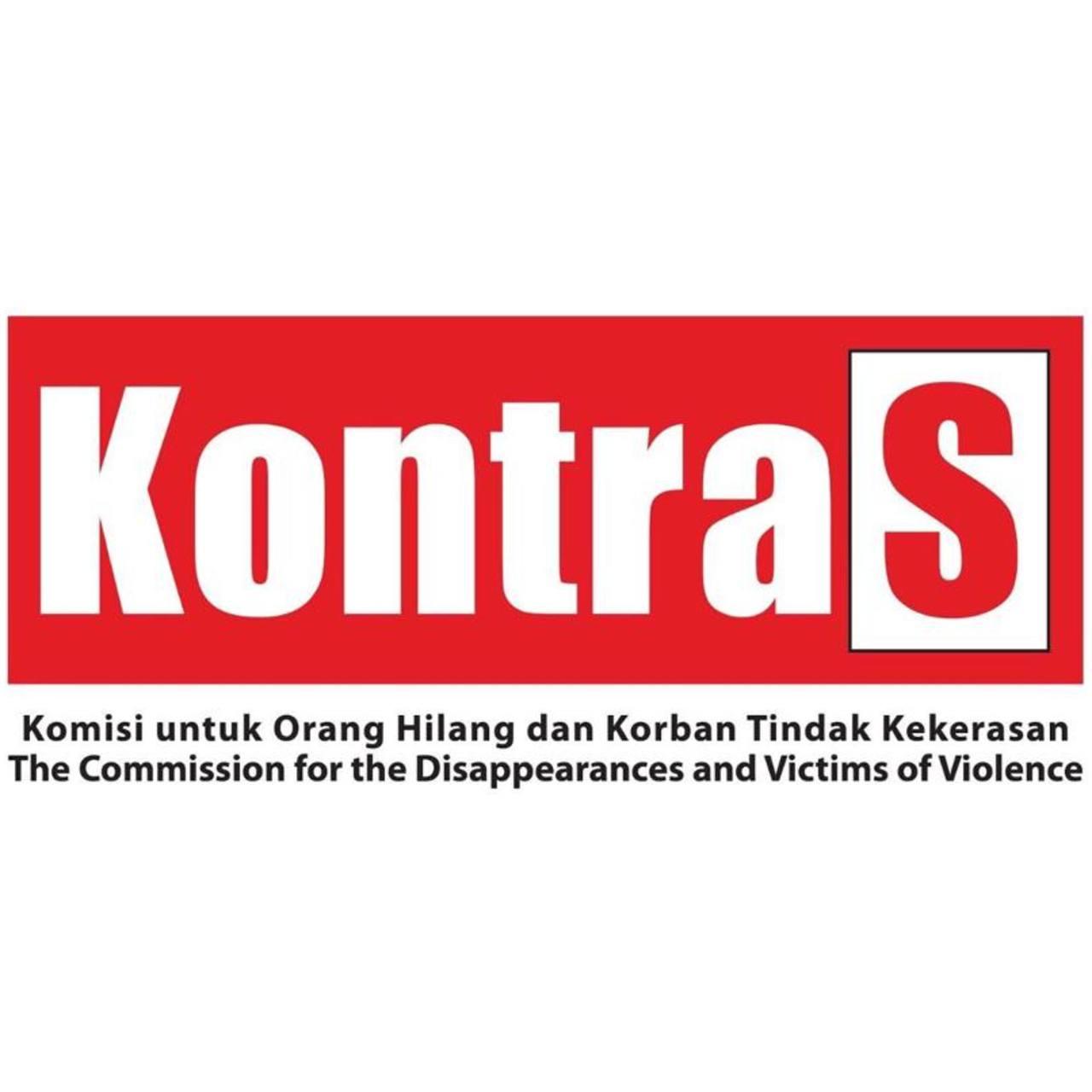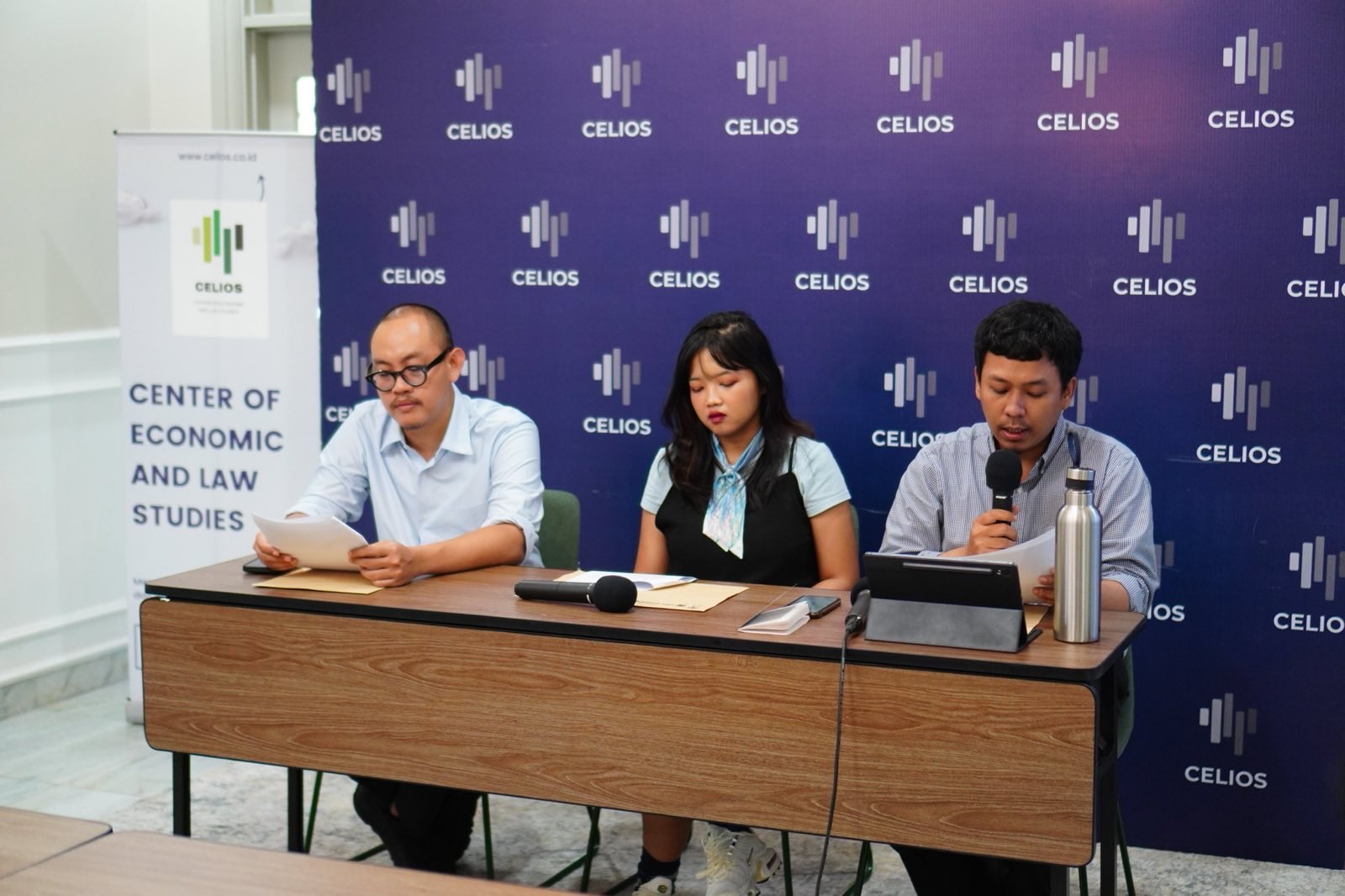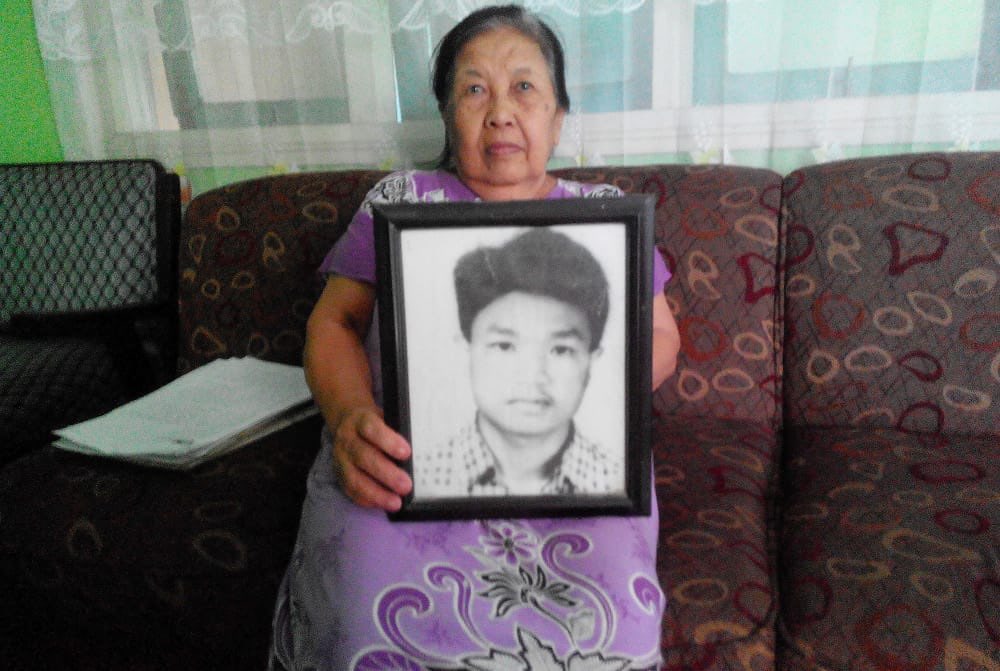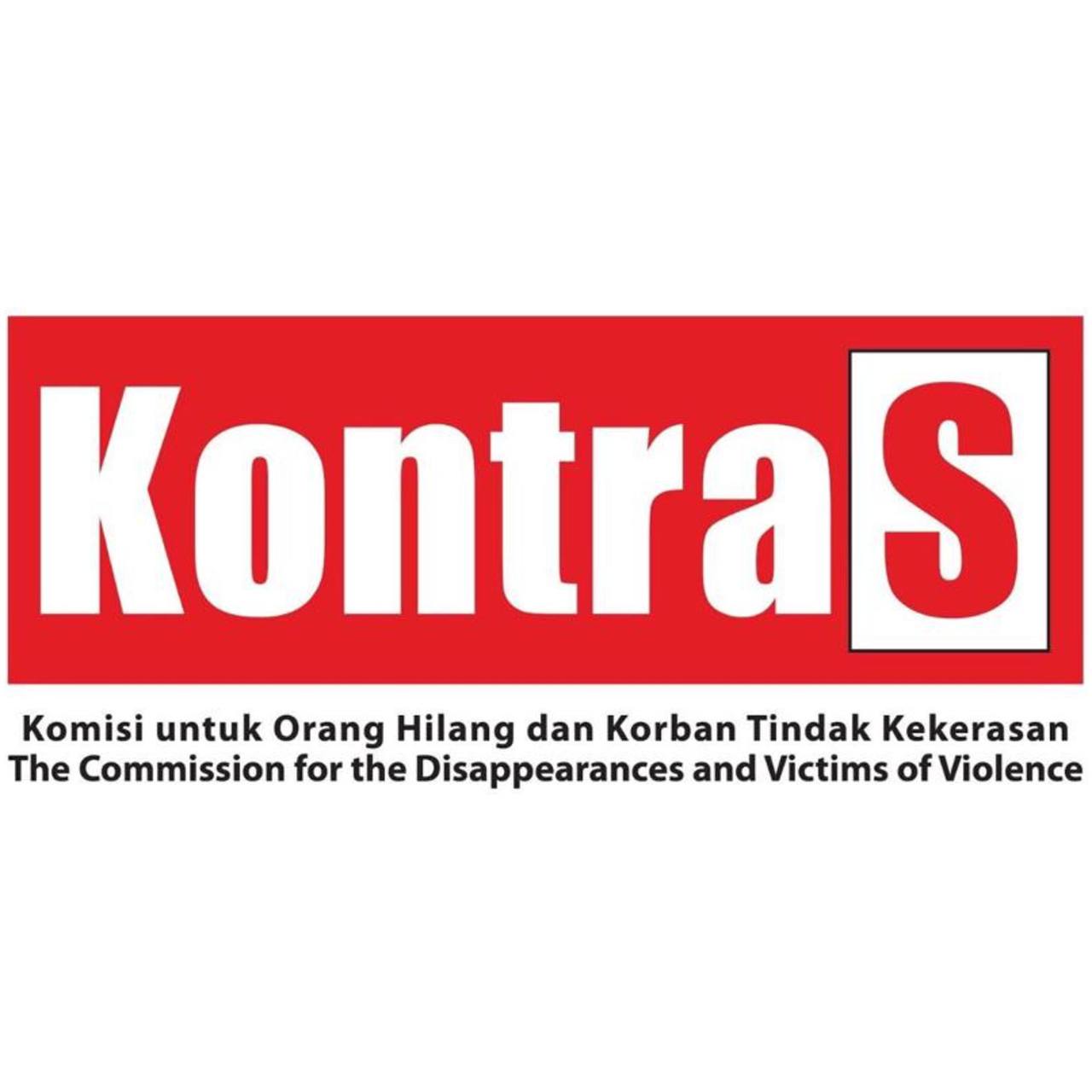Open Letter to OHCHR: Urgent Call to Monitor, Investigate, and Report the Escalating Crisis in Indonesia
Jakarta, 12 September 2025
To: Office of the United Nations High Commissioner for Human Rights (OHCHR)
Dear High Commissioner,
We write with grave concern to urgently draw your attention to the escalating crisis in Indonesia, which demonstrates a severe democratic and human rights decline, pervasive police brutality, and troubling military involvement in civilian affairs which creates a severe climate of fear. There has also been a growing concern where enforced disappearances are re-practiced in silencing dissent, mirroring a pattern of authoritarianism during Soeharto’s regime (1965-1998). The situation has deteriorated rapidly over the past week, threatening the fundamental rights and safety of Indonesian citizens.
Context and Severity of Events (25 August – 1 September 2025):
25 August 2025: Public outrage erupted in Jakarta in response to excessive allowances granted to members of the House of Representatives (DPR) despite economic turbulence in the state from mass layoffs to budget cuts for education. Demonstrators, including students, workers, online motorcycle taxi drivers (Ojol), and other civil society elements, demanded transparency in government salaries and the cancellation of proposed increases. The protest ended in disorder with police excessively using tear gas and water cannons.
27–28 August 2025: Labor unions and student groups joined the demonstrations with demands ranging from ending outsourcing to higher minimum wages. While initially peaceful, the protests quickly turned violent. Security forces, including tactical police units (Brimob), used excessive force. A major incident occurred when a police vehicle fatally ran over ojol driver Affan Kurniawan when he was a non-protester at that time, and ojol Moh Umar Amarudin, was seriously injured. In the same timeline, a pedicab driver Sumardi died as he inhaled tear gas while he was asleep in his cab. The incident was widely circulated on social media, inciting further public outrage and mobilization.
29–31 August 2025: Protests spread to other major cities and sub-districts including Bandung, Surabaya, Makassar, Manokwari, Solo, Tegal, Bengkulu, Ciamis, Malang, Denpasar, and Medan. Demonstrators clashed with security forces, resulting in arson, property damage, and injuries. Police reported over 1,200 arrests, including children, and authorities used tear gas, water cannons, rubber bullets, and physical force against demonstrators. However, Reports indicate that some protests were met with military involvement, highlighting the blurred lines between civilian policing and military enforcement.
1 September 2025: Demonstrations continued in front of the DPR and the People’s Consultative Assembly (MPR) buildings, with students and youth organizations demanding justice for victims of police violence and calling for accountability. Protesters emphasized that ongoing repression signals a troubling shift toward authoritarian governance. As of this date, a total of 10 individuals from various provinces across Indonesia have died in connection with the demonstrations. By 2 September, more than 3,300 civilians had also been arrested, with reports that some were arbitrarily detained, coerced and intimidated into signing official statements, and denied access to adequate legal assistance. Civil society groups further stressed that the police only publicly acknowledge limited figures, while many detainees’ whereabouts have not even been disclosed to their families.
The Indonesian Government’s Official Response to OHCHR’s Press Statements
On 1 September 2025 after OHCHR released a statement for the Indonesian government to thoroughly investigate numerous human rights violations that were happening during protests, several government officials released statements which exacerbated the situation.
The Ministry of Foreign Affairs stated “In responding to situations in the field, law enforcement officials carry out their duties based on human rights principles and standards. The measures taken are aimed at maintaining public order, protecting civilians, and securing public facilities in a proportionate manner” which is not aligned with the data we have received on how the police use excessive force and weapons to dismiss protesters. In Bandung, police apparatus attacked two university campuses with 60 expired tear gas after the crowd left the protest area. Both universities are used as medical posts.
The Minister of Human Rights (Natalius Pigai) stated that “UN statement, Indonesia has taken steps three days faster than the OHCHR spokesperson” which implies the death of a taxi driver. Pigai believes that President Prabowo has ‘taken care’ of the family of the late Affan (taxi driver) according to human rights principles.
The Deputy Chairman of Commission I of DPR RI (Representatives), Dave Laksono, emphasized that Indonesia has its own sovereignty, binding laws, and regulations for its citizens. Which highly implies that OHCHR’s statement will not influence any government’s initial response to the protest.
The use of draconian articles under ITE Law
Khariq Anhar, a student activist from Universitas Riau and admin of social media account Aliansi Mahasiswa Penggugat, was arrested at Soekarno–Hatta Airport on August 29, 2025. Prior to his detention, police also arrested Wawan Hermawan, admin of social media account Bekasi Menggugat. They were charged under Articles 32 paragraph 1 and 2, and Article 35 of Indonesia’s Electronic Information and Transactions (ITE) Law for posting satirical content on social media in parallel to the ongoing protests. Khariq's legal team and human rights groups strongly believe that legitimate exercise of his freedom of expression was arbitrarily criminalised, pointing out serious procedural violations such as arrest without a warrant, unlawful phone seizure, restricted access to legal counsel, and suspected physical abuse. Prior to his arrest, Khariq had been a victim of doxxing, intimidation, and harassment. Civil society organizations and thousands of students have condemned his detention as an attempt to silence criticism and that such misuse of the ITE Law as a “draconian article” to suppress dissent would severely undermine democratic space .
Lokataru’s Executive Director, Delpedro Marhaen was arrested at 22:23 on 1 September 2025 in Lokataru Office without any notice. His staff, Muzzaffar, was also arrested the same day. Later on, they were accused of: (1) Article 160 of Criminal Code, regarding the criminal act of incitement, namely an act committed by a person in public (verbally or in writing) that encourages others to commit a criminal act, violence against public authorities, or disobeying lawful orders; (2) Article 87 j 76 h j 15 of Child Protection Law, regarding involvement of minors in demonstrations because of the accusation of spreading the posters to join the 25th August demonstration that triggering high school students to join. This article is being used because they are accused of inciting high school students to commit acts of violence and vandalism. In reality, what Lokataru did was provide legal assistance to high school demonstrators who were mass-arrested and subjected to violence by the police. Both were also accused of violating (3) Article 45 A paragraph 3 j 28 paragraph 3 of Electronic Information and Transactions Law (ITE Law) regulating penalties for the dissemination of digital content that they know contain false information causing physical public unrest.
Along with criminalization of legitimate online expression, there has been a systematic escalation of digital attacks targeting civil society actors in Indonesia. The personal WhatsApp contacts of civil society coalition leaders were maliciously circulated, falsely presented as belonging to members of the Indonesian House of Representatives. This deliberate disinformation campaign resulted in mass spam, harassment, and serious security threats. Furthermore, individuals and organizations who expressed dissenting views or mobilized support for ongoing protests have been subjected to coordinated digital intimidation, including threats, doxxing, gender-based online violence, phishing attempts, and other cyberattacks.
Key Concerns:
- Democratic Decline: The Indonesian government’s aggressive response to peaceful demonstrations undermines democratic institutions and suppresses freedom of expression. Citizens face heightened risks when exercising their right to protest.
- Police Brutality: Security forces have systematically employed excessive and lethal force including the excessive and unlawful use of crowd-control weapons, leading to fatalities, injuries, and widespread fear among civilians.
- Military Involvement: The deployment of military-style units in civilian protests signals a dangerous encroachment of military authority into domestic affairs, threatening the separation between civilian governance and military power.
- Mass Arbitrary Arrests and Enforced Disappearance Risks: Echoing the patterns of 1998, authorities have conducted mass arbitrary arrests, often targeting protesters during or after demonstrations. Many detainees’ whereabouts are concealed from their families, obstructing legal assistance and raising serious concerns over the potential for enforced disappearances.
- The use of draconian articles under ITE Law to 4 activists and other digital repression including bans on live features of TikTok which the protesters used to livestreamed the protest areas.
Urgent Call to OHCHR:
Given the escalating violence and violations of fundamental human rights, we strongly urge OHCHR to:
- Facilitating UN Special Procedures to visit and monitor the situation closely and document all incidents of abuse and repression.
- Investigate cases of police brutality, including the death of Affan Kurniawan, injuries sustained by protesters, mass arbitrary arrests, patterns of enforced disappearances, and the involvement of military personnel in civilian matters such as crowd-controlling measures.
- Report findings publicly to ensure accountability, international awareness, and the protection of citizens exercising their democratic rights.
- Publicly call the Indonesian Government in terms of the current state violence and to immediately cease actions of excessive use of force, state apparatus brutality, to normalizing the mirroring of authoritarian practices including normalizing practices of enforced disappearances.
The current situation in Indonesia is severe and demands immediate international attention. OHCHR’s intervention is crucial to safeguard human rights, uphold accountability, and prevent further democratic erosion.
Sincerely,
- Commission for Disappeared and Victims of Violence (KontraS)
- Indonesia Legal Aid Foundation (YLBHI)
- Center of Economic and Law Studies (CELIOS)

KontraS
Komisi Untuk Orang Hilang dan Korban Tindak Kekerasan




